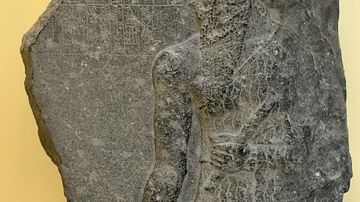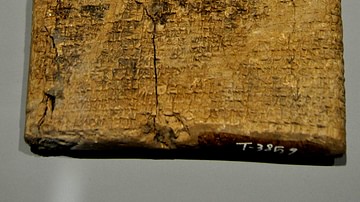Historical fiction is frequently dated to works including the Iliad of Homer (8th century BCE) or The Tale of Genji (11th century CE) or, in English, to the 19th century, usually to the works of Sir Walter Scott, but the genre has more ancient origins dating back to the 2nd millennium BCE through Mesopotamian naru literature.
Mesopotamian naru literature features a famous historical figure, usually a king, in a fictional set of circumstances. The purpose of the genre was to entertain while also instructing an audience, often on the proper relationship one should have with the gods and one’s place in the universe. The best-known piece from this genre is The Epic of Gilgamesh (written c. 2150-1400 BCE and based on earlier works), which presents the historical king of Uruk in a fictional tale on the theme of the meaning of life.
This collection presents the most famous works of Mesopotamian naru literature as well as two pieces explaining the genre. Examples of these kinds of works may be found in other cultures outside of Mesopotamia, and many of these have been interpreted as actual history when, in fact, they are early paradigms of historical fiction.









